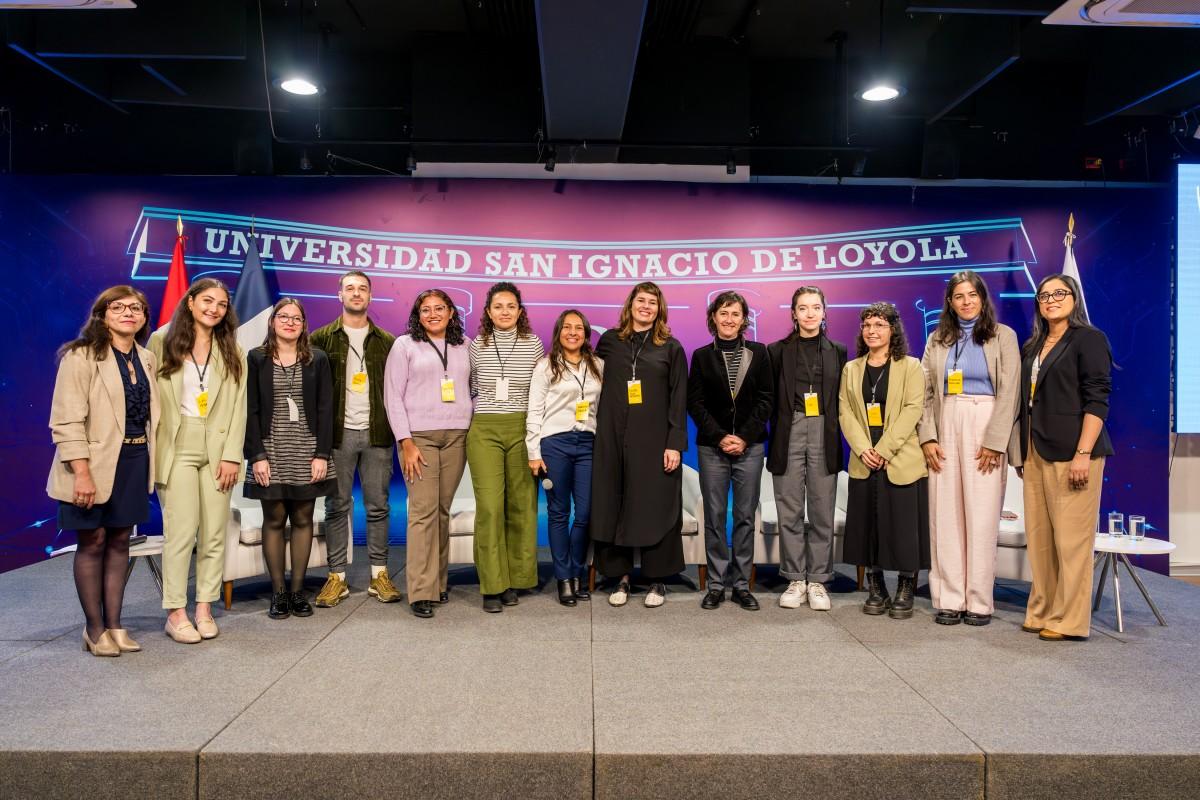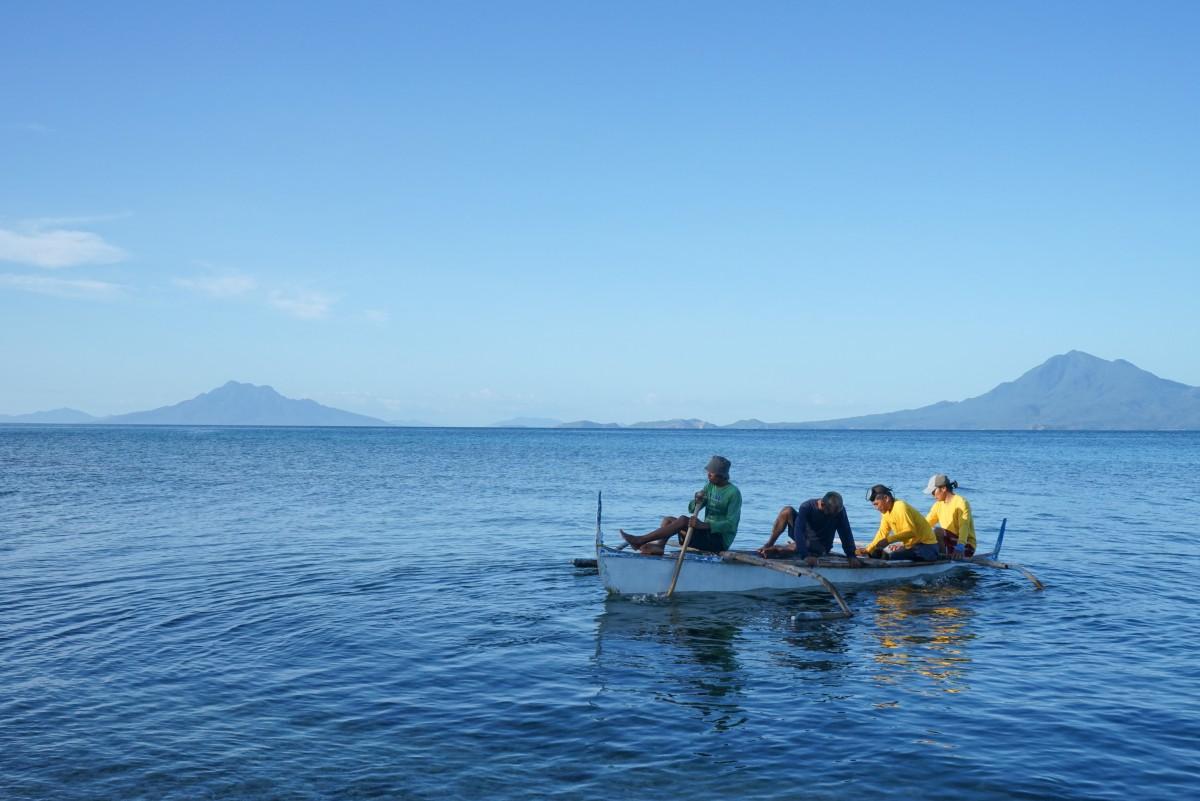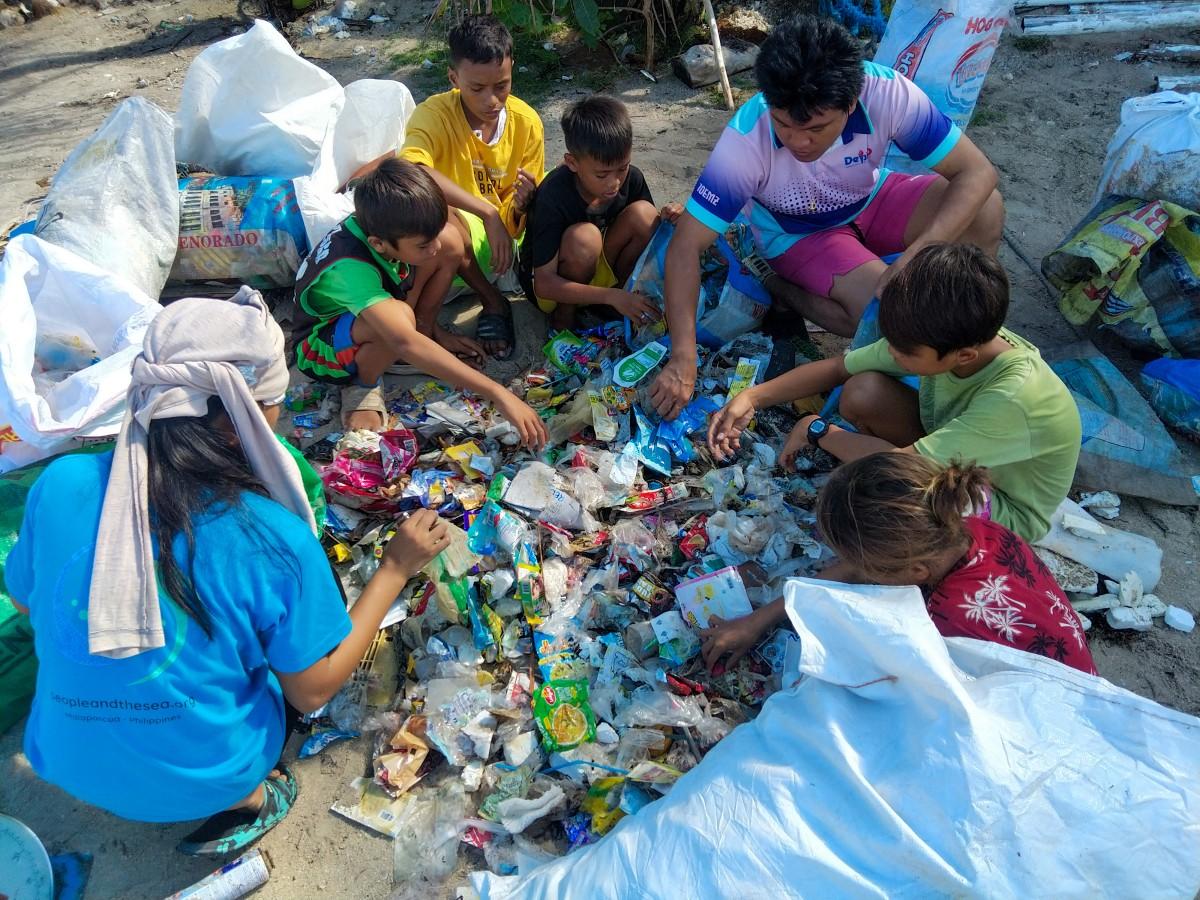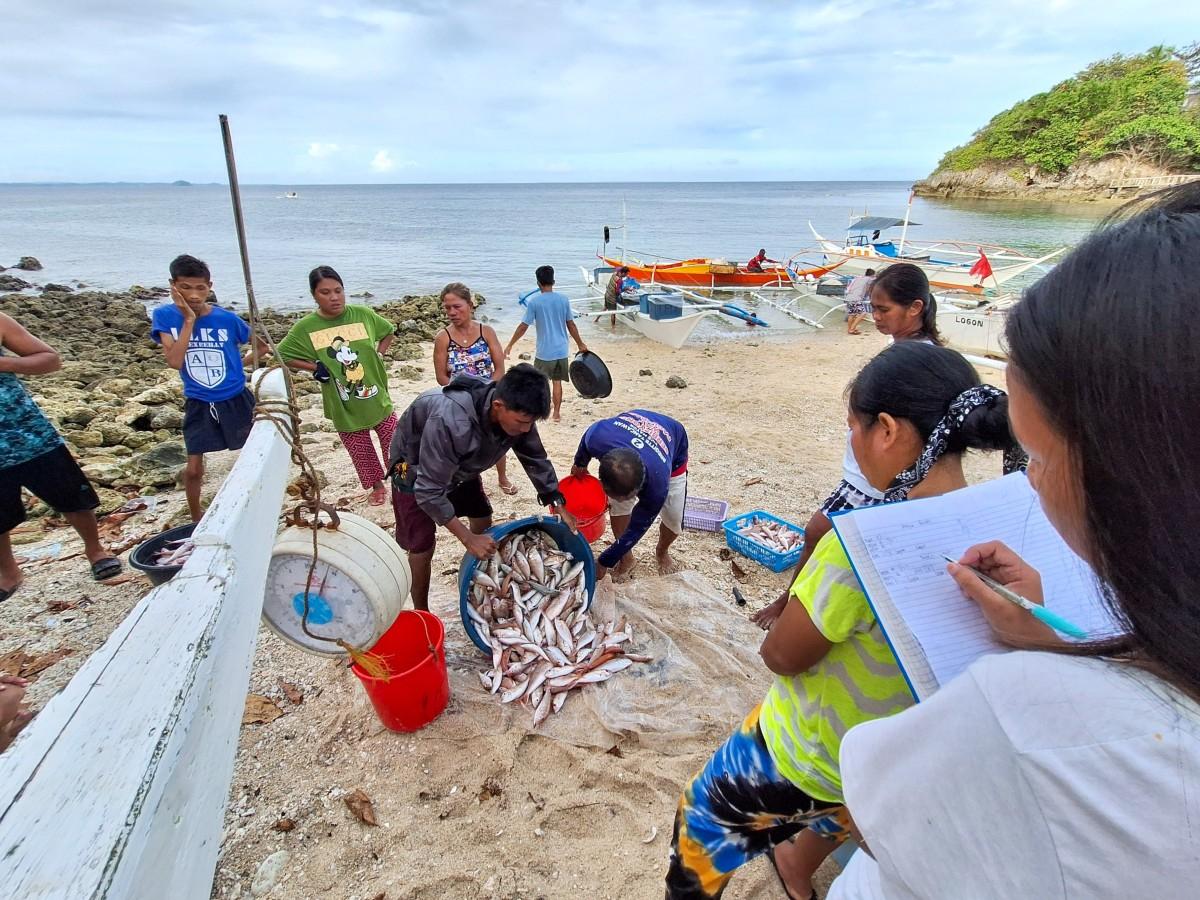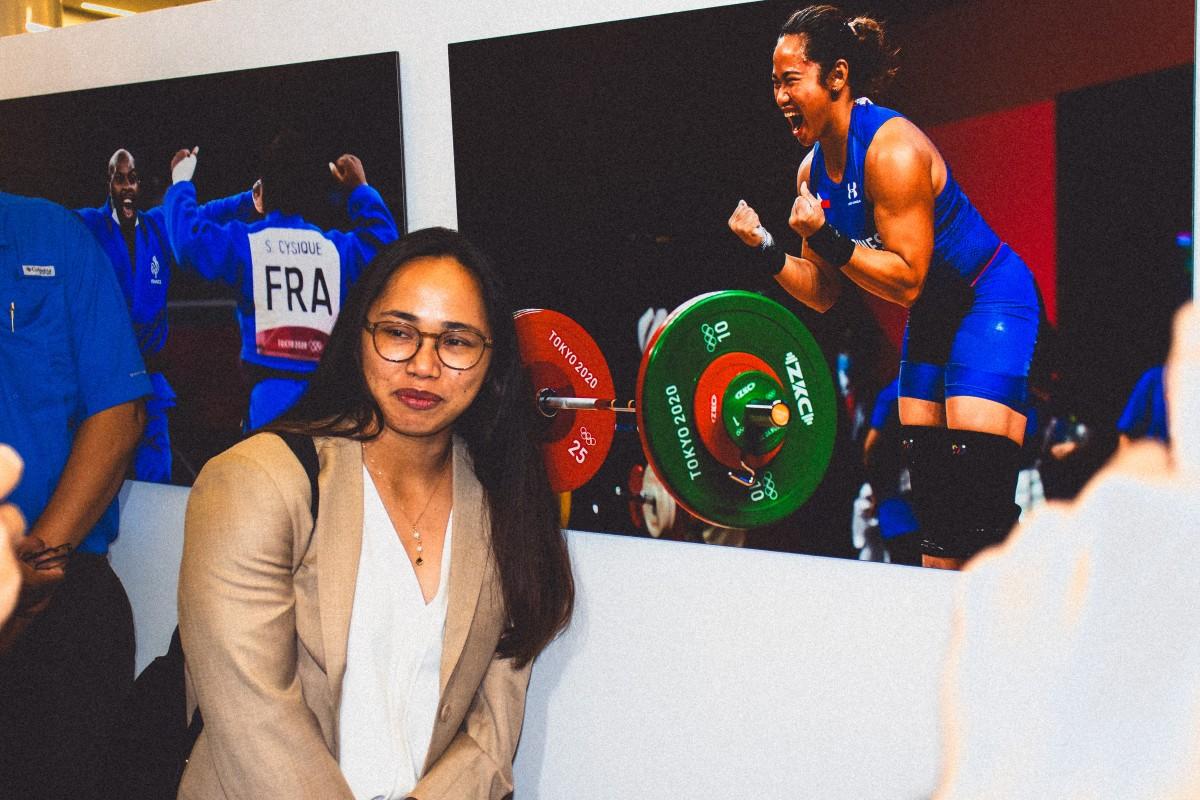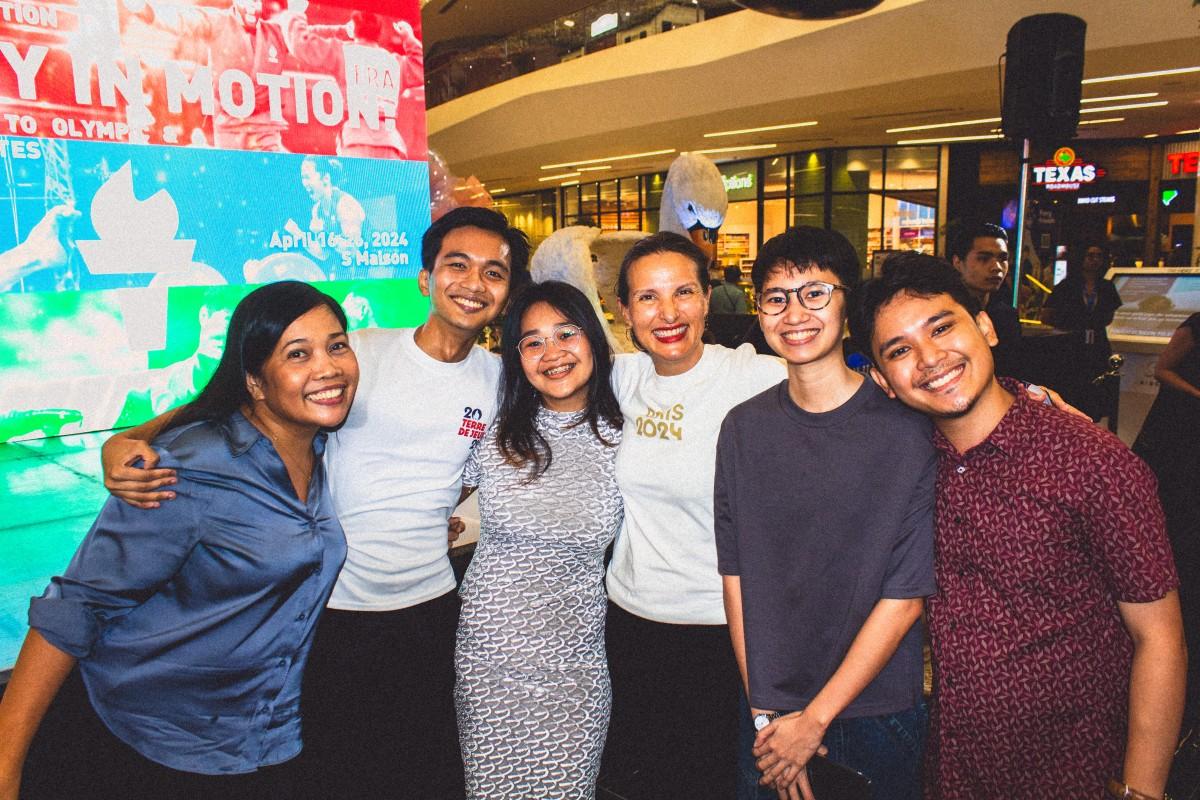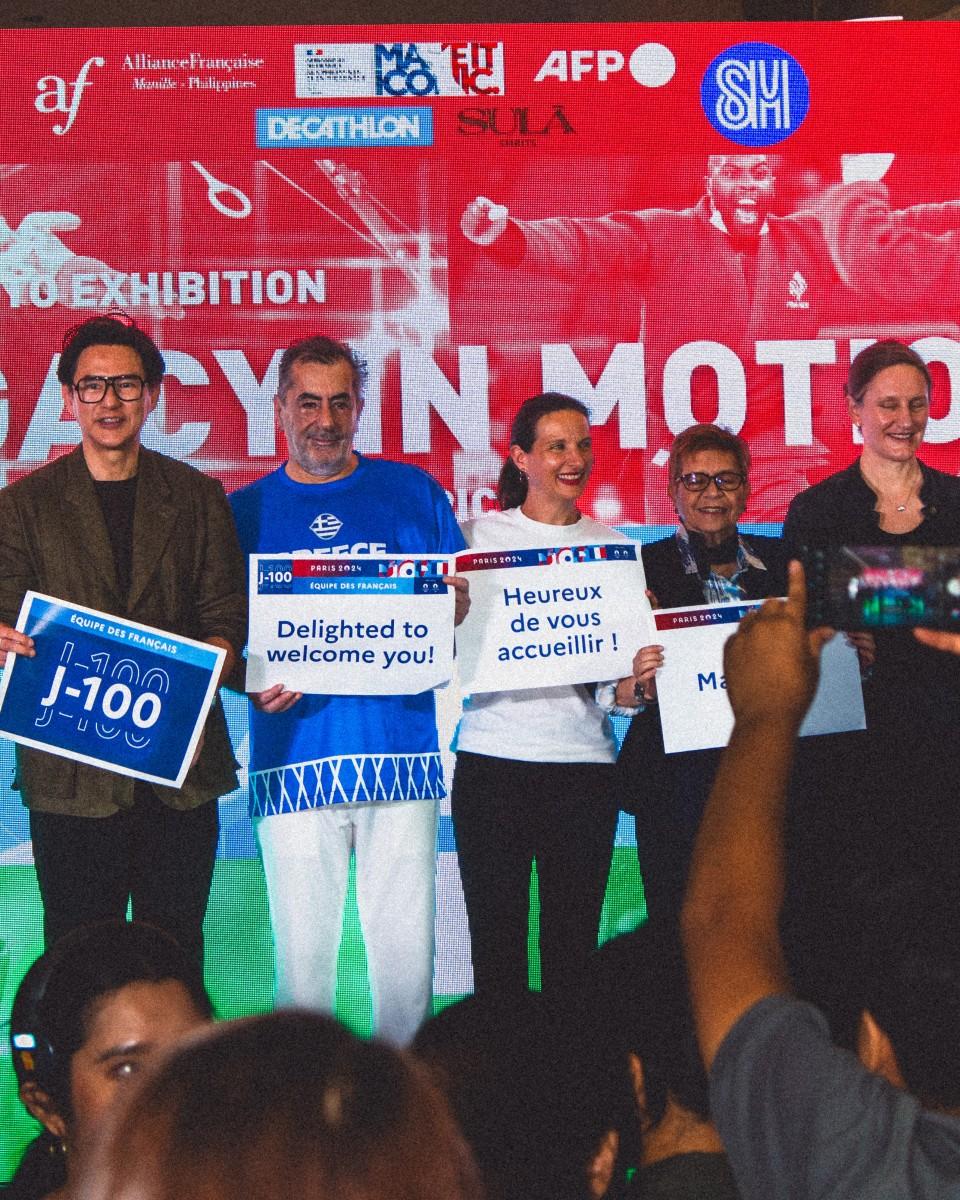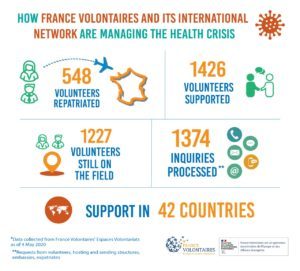We welcomed more than 100 people in person and more than 600 others connected live via Zoom, with the option of Spanish/French interpretation. We were honored to have the support of the San Ignacio de Loyola University, the Alliance Française de Lima and the French Embassy in Peru to welcome us in their facilities for different moments: panels, workshops, networking spaces as well as the cocktail at the residence of the French Ambassador in Peru, Mr. Marc Giacomini.
Organized in the framework of phase II of the EnLAzando regional program, which runs from 2022-2024, the seminar had the following objectives:
- Share strategic knowledge accessible to the volunteering ecosystem,
- Offer spaces for the exchange of knowledge, experiences and good practices that promote joint reflection and articulation between actors,
- Position volunteering as an element of sectoral or multi-sectoral public policies at national and local level and as the subject of a specific public policy in Latin America.
The event was divided into 3 days, each with a different theme: “Day 1 – Connect and create opportunities” ; “Day 2 – Learn with key actors” and “Day 3 – Create solutions to the challenges of volunteering “. Participants were able to attend a wide range of panels, inspiring talks and workshops, with the aim of reflecting on volunteering in Latin America, to promote good practices and to foster new ideas.
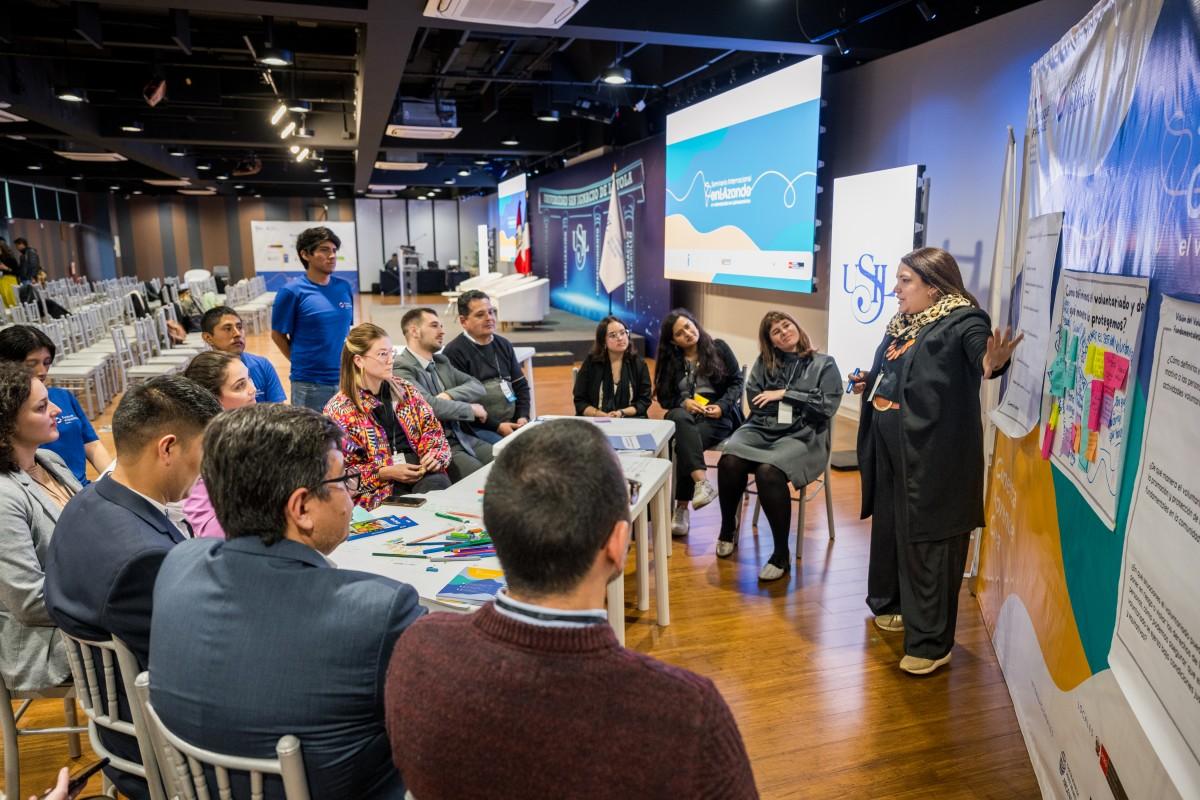
Agenda
Day 1: Connect and create opportunities
- Inspiring talk – EnLAzando: Strengthening volunteering ecosystems in the region;
- Panel 1 – Volunteering, a tool for youth empowerment;
- Panel 2 – From Norm to Action – Legal Frameworks;
- Inspiring talk – Fonselp: Volunteering measurement and management tool.
Day 2: Learn with key actors
-
- Panel 3 – Measuring for Action: Volunteering and its impact;
- Inspiring talk – Volunteering in indigenous communities;
- Exchange workshops – Let’s learn together;
- Panel 4 – Caring for the Planet: Environment and the Role of Volunteering;
- Inspiring talk – Prevention and response to sexual violence in volunteering.
Day 3: Create solutions to the challenges of volunteering
-
- Panel 5 – The Role of Territorial Governments in the Development of Volunteering;
- EnLAzando Challenge: Let’s imagine together;
- Sharing results of the EnLAzando Challenge;
- Conclusions and closing of the event.
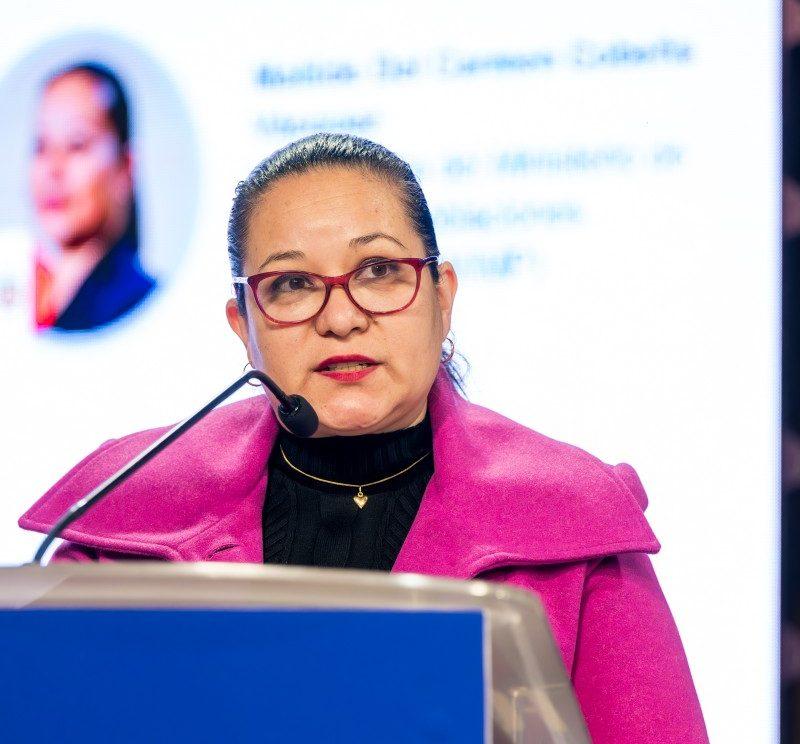
Mrs. Matilde Del Carmen Cobeña Vásquez, Vice-minister of Women and Vulnerable Communities in Peru
Key issues for the future of volunteering
During the seminar, crucial issues for the future of volunteering in the region were addressed. These included assessing the legal frameworks for volunteering, the role of local governments in its development, measuring volunteering and its impact, involvement for the environment and opportunities for youth empowerment. These discussions and reflections helped to draw a path for strengthening volunteering in Latin America.
Inspiring statements
To open the seminar, we were honored to listen to several inspiring statements from key actors in the development of volunteering at the international level. Thomas Cosse, Director of the Volunteering Network and Programs at France Volontaires, thanked the participants and highlighted the importance of the event. “We share a common vision. National and international volunteering is a powerful response to mobilize citizens committed to the Sustainable Development Goals. Volunteering is a great collaboration between countries and connection between populations,” said Thomas Cosse.
Elena Rosa Ramos Tenorio, General Director of the General Direction of Population, Development and Volunteering of the Ministry of Women and Vulnerable Populations of Peru, a very important partner of France Volontaires in the country, emphasized the importance of recognizing volunteering as a tool for the transformation of society: “If we had to identify a transversal line to the challenges we face, it is to have greater knowledge and promotion of volunteering as a transversal activity, aimed at improving living conditions and exercising citizenship rights by vulnerable populations in our countries. I believe that the fundamental challenge for the state is to guarantee the autonomy of volunteer organizations, to recognize the voluntary and civic nature of the exercise of participating in a volunteer organization“.
Lucas Pedrol-Margaley, policy advisor on volunteering at the French Ministry of Europe and Foreign Affairs (MAEA), thanked all participants for their valuable contributions during the seminar: “For the MEAE and France Volontaires, it has always been a challenge and a source of pride to build and co-create the dynamics of volunteering in France and Latin America, and we are proud to have been able to participate and learn from all participants, including institutions, civil society and volunteers.
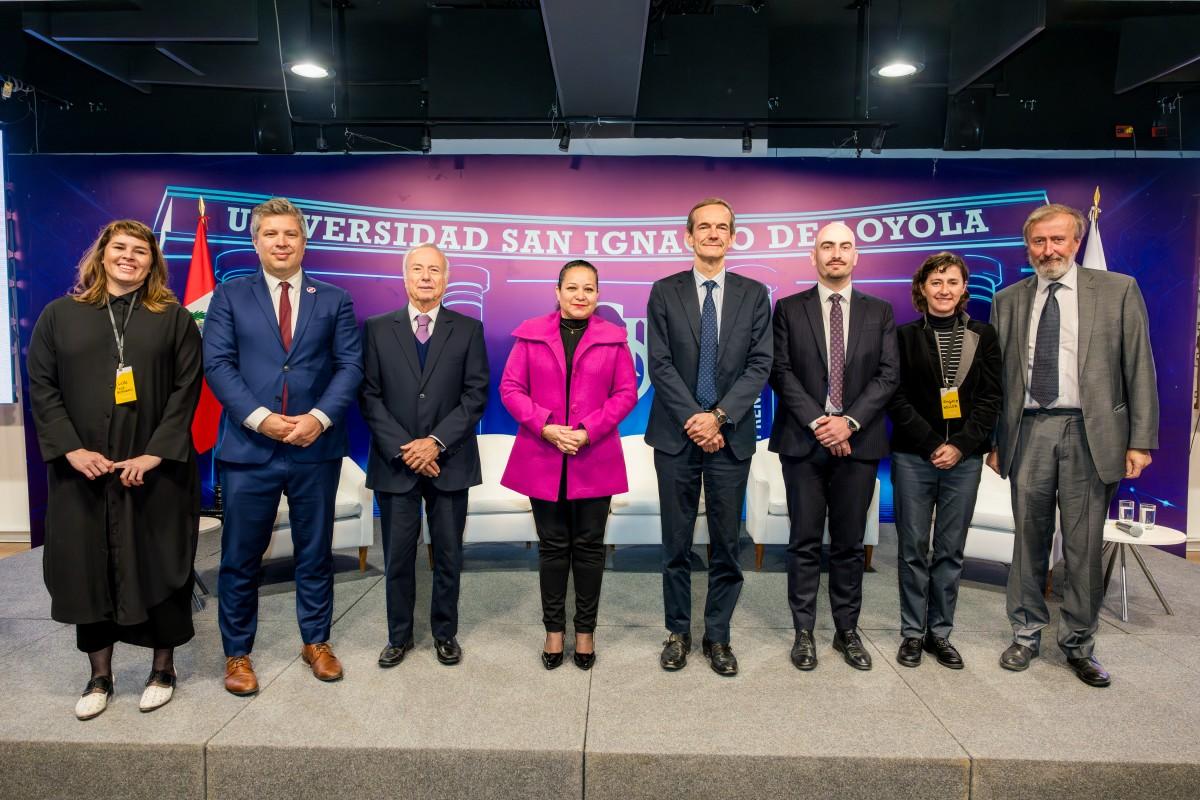
History of EnLAzando and future of volunteering
Since 2019, France Volontaires has created regional meeting spaces that have culminated in the EnLAzando program. This program aims to strengthen volunteering ecosystems in Argentina, Bolivia, Colombia, Ecuador, Paraguay and Peru, partnering with France, to promote a common culture that encourages responsible and supportive volunteering. Funded by the MEAE and implemented by France Volontaires, EnLAzando brings together the State, local authorities and organizations around a mission of general interest: the development and promotion of international exchange and solidarity volunteering.
Formalization of the Latin American Network of Volunteers
One of the highlights of the seminar was the signing of the act of constitution of the Latin American Volunteer Network by leaders of volunteer networks and organizations from Argentina, Bolivia, Colombia, Ecuador, Paraguay, Peru and France. This international network seeks to enhance the functioning and scope of volunteer organizations in Latin America, promoting the exchange of good practices, knowledge, resources and experiences among its members. In addition, the network is proposed as a space for collaboration between civil society, national governments, socially responsible companies and international organizations.
A promising future
The International Seminar “EnLAzando el Voluntariado en Latinoamérica 2024” has been a resounding success, consolidating partnerships and charting new paths for the development of volunteering in the region. Thanks to the efforts of all participants and organizers, great strides have been made towards greater collaboration and strengthening of volunteerism in Latin America.
